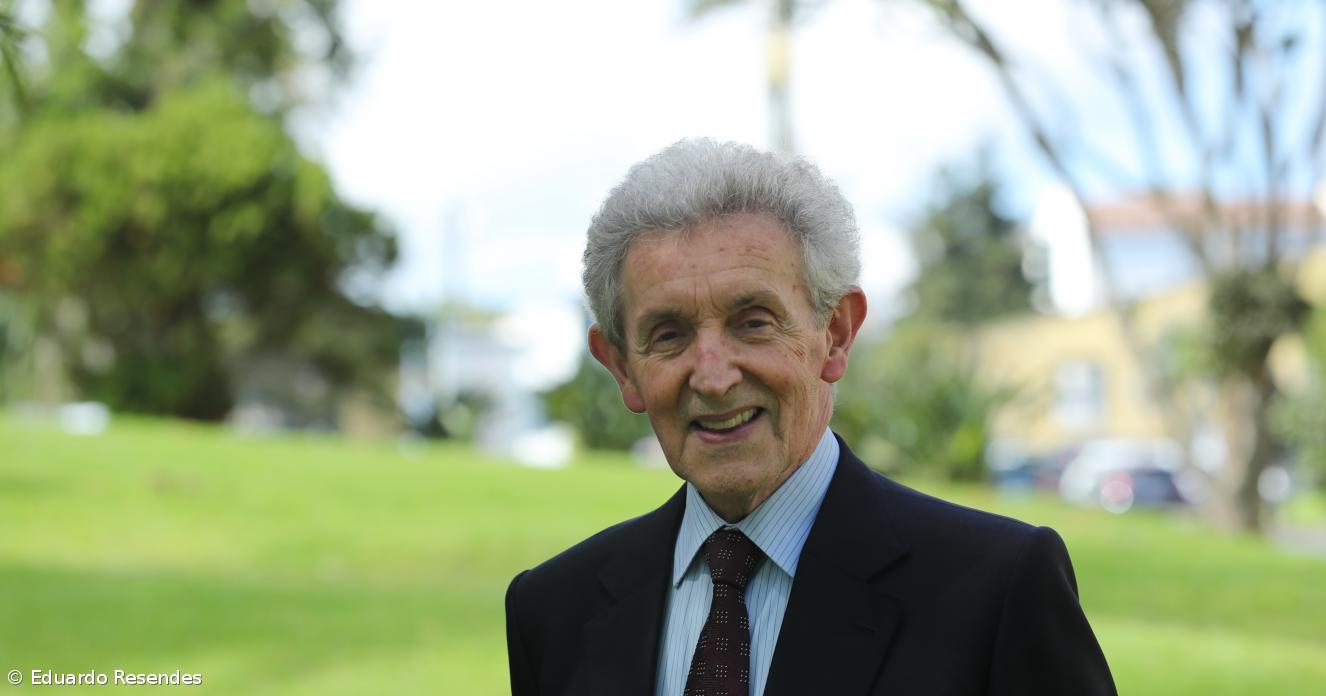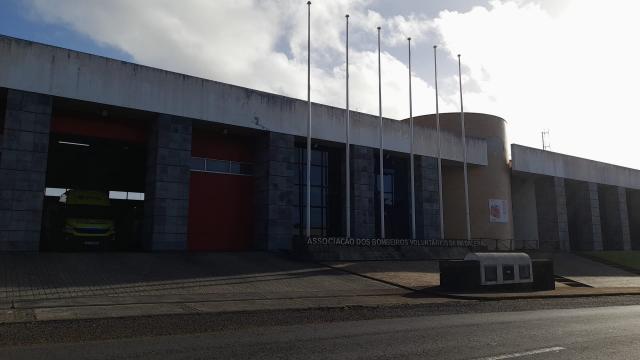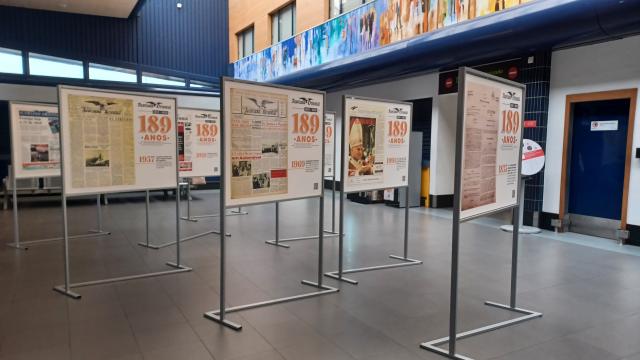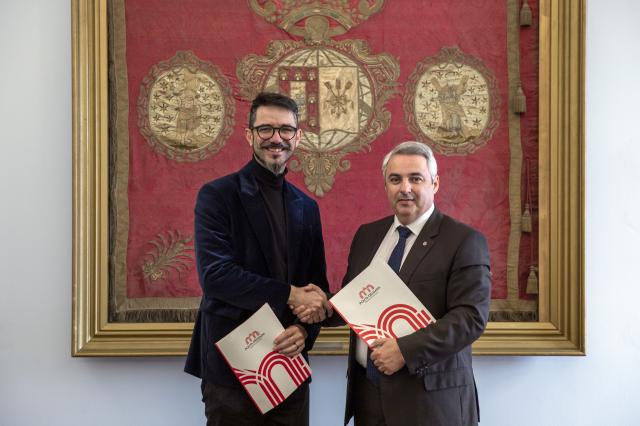Autor: Rafael Dutra
In a world fighting for diversity, equity, social inclusion and the rights to accessibility and mobility, there are clear improvements, but also superficial results.
Is there a real will to improve the quality of life of people with some kind of disability? What measures and support structures are there to help these people live an independent life?
These are the questions we made to a young man with Duchenne muscular dystrophy. Diogo Brilhante is 24 years old, he is from the island of São Miguel and lives in Arrifes. He studies at the University of the Azores. He is a young man like everyone else, but he has the particularity of suffering from a rare disease that has no cure: Duchenne muscular dystrophy.
Due to his degenerative disease, he needs daily assistance and is in a wheelchair. 24‑hour assistance is what he needs most to live an independent life. But, as Diogo Brilhante explained to Açoriano Oriental, he has not been able to get the support he needs to achieve this "means of reaching my goals".
"I think everyone should fight for this, it is a necessity for everyone. If something happens to us, we should be guaranteed the right to carry on with our lives," says the young Azorean, maintaining that "independent living is not an end for which I fight, but a means for which I fight, to achieve the desired ends."
Diogo Brilhante was diagnosed with Duchenne muscular dystrophy when he was nine months old, through a muscle biopsy. At the age of five, he began to fall regularly, having difficulty climbing stairs and getting up from the floor. At the age of eight, because of the disease, she stopped walking and had to use a wheelchair.
It was this illness and his desire to find a cure that led him to take a liking to biology as a child and motivated him to enter the University of the Azores (UAc), where he completed a degree in Biology. He is currently studying for a master’s degree in biomedical sciences at the same university.
Due to the need for assistance, he had to rely on family support during the first two years of his degree, so that he could be accompanied at university. It was only then that he managed to find someone to provide this assistance, who now accompanies him eight hours a day, five days a week. However, the assistant is only paid for through a collective effort on the part of Diogo Brilhante himself and his family. In daily life, he regularly encounters obstacles, whether literal or figurative. For the young man, these problems range from the timetable of adapted cabs, which only operate from 8 am to 7 pm, to buildings without proper accessibility. Although he admits that "things have improved a little" in Ponta Delgada, he says he needs to make complaints in the complaints book. "I complain online so that the appropriate measures can be taken," he argues.
Even with this formal complaint process, "I do not always get positive feedback. They really do not want to make any changes," says Diogo Brilhante, adding that some companies say that "I should rely on customer support", and others that "I should call the employee".
As for classes, due to the constant breakdown or inaccessibility of elevators to the laboratory rooms, he has been excused from many classes. "[The elevator] hardly ever works, and it is dangerous to ride it, because it is old and constantly breaks down. I even got stuck up there once”, Brilhante recalls.
"I have a year left on my master's degree. But there are other people who might want to study there and they have to have the conditions. People think 'it is for this type of person', but it is really for everyone," he says.
He wants to do a doctorate and then go into research and even teaching. But given the lack of 24-hour care, which he needs to be independent, Brilhante is considering living in Sweden, where he has more opportunities, even professional opportunities. However, she has not given up looking for solutions, and has already contacted various organizations in order to get support and assistance. He says that her mother approached the mayor of Ponta Delgada, Pedro Nascimento Cabral, "and his response was a pat on the back and: 'keep fighting'. I don't know how it is possible to fight without weapons," says Diogo Brilhante.
City Council says no requests were formalized
According to a source at Ponta Delgada City Council, Diogo Brilhante only applied for a scholarship for higher education last year and this year, and did not formalize any request in view of his need for personal assistance. The council also states that it "does not provide clinical, ongoing or occasional care to people with disabilities". However, it does say that it "provides financial assistance to disabled people who fall within the terms of the Ponta Delgada Municipal Fund".
The same source also stresses that Ponta Delgada is the only municipality that has an inclusion desk, opened in 2022, which provides specialized mediation, and which contains information about the municipality's projects to support people with disabilities.
University has "made a huge effort"
The vice-rector for Students, Welfare and Institutional Communication at UAc, Adolfo Fialho, told Açoriano Oriental that "a great effort has been made, even far above average and above our possibilities", to support students with special educational needs (SEN), such as Diogo Brilhante.
Adolfo Fialho confesses that the buildings themselves and the elevators "are old", including those that access the laboratories of the Faculty of Science and Technology.
"We remain committed to providing the best conditions. The ideal scenario is not always possible, and sometimes there are bureaucratic issues that prevent us from providing the best service, because we have to wait for some contracts to be resolved or for repairs and parts that don't arrive on the islands," he stressed.
The vice-rector also recalls that the UAc has been working in recent years to improve accessibility and mobility on campus, such as building ramps, installing handrails, adapting desks and a "whole range of initiatives".
Adolfo Fialho also says that a protocol was created with the Gaspar Frutuoso Foundation, which resulted in Diogo Brilhante being awarded a scholarship this year, and which may support other students in the future.
Independent living project awaits approval
When Diogo Brilhante contacted the Regional Government, he was told that an independent living project would be implemented by 2030, which gave him some hope. But considering that elections will be held in February 2024, and given this uncertainty, the young man now does not know "what to think", he confesses.
According to what Açoriano Oriental has learned from the Regional Government, the Regional Strategy for the Inclusion of People with Disabilities in the Azores
was published in the Official Journal on July 7, and its strategic axis 5 includes "promoting autonomy and independent living".
However, the "implementation of the measures provided for in this regional strategy depends on the approval of the Regional Plan and Budget for the year 2024, namely the independent living pilot project, whose model will be defined in due course," says the same source.





